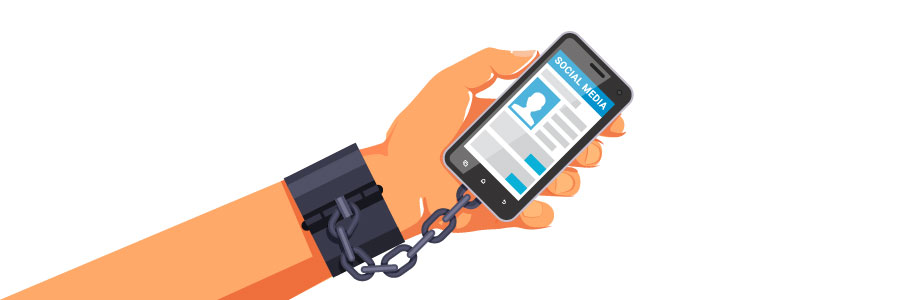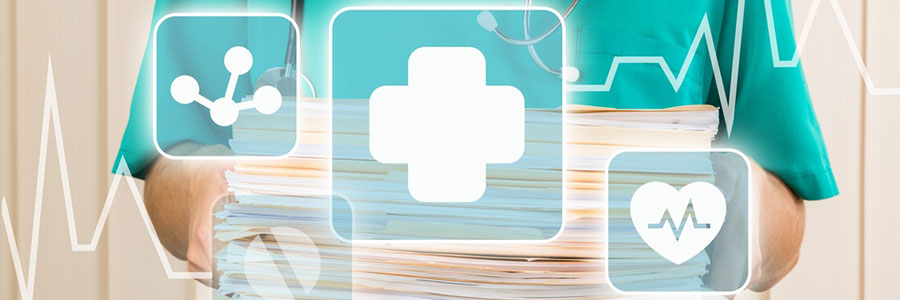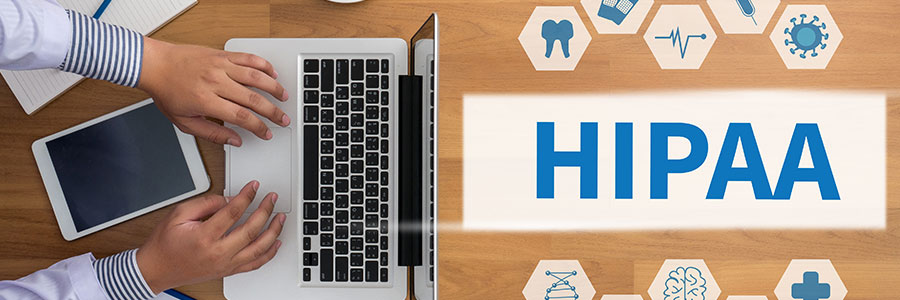Telecommunications systems are extremely valuable, especially for businesses focused on sales and customer service. One day without these services can prove fatal for any business, which is why a well-crafted disaster recovery plan that protects Voice over IP (VoIP) networks is crucial.
Watch out! More ransomware attacks incoming
How will blockchain affect healthcare?

Blockchain technology has significant implications for every industry, but healthcare is ideal for the increased security and efficiency that come with this new trend. Read on to ensure you’re prepared for what’s coming.
What is blockchain?
Although the technology was first associated with Bitcoin and other digital currencies, blockchain is not exclusive to the financial sector.
Google ridding MR from search results

If you imagine medical records as being stored in a cabinet somewhere in your local hospital, think again. Until quite recently, medical records were publicly accessible via Google. In an effort to prevent cybercriminals from capitalizing on these resources, Google has removed sensitive medical records from appearing in search results.
How HIPAA wards off ransomware threats
What celebrities can teach us about HIPAA

Learning about HIPAA is no fun task. To make it a little more interesting, we’re going to spice it up with a guest appearance by Kanye West. The musical artist’s recent stay at an LA hospital is a great example of what you need to know when educating employees about what constitutes a breach and how to avoid them.
Telemedicine to help transform healthcare

Administering medical care electronically makes a lot of sense. It’s a practical way for patients to receive care and for doctors to provide it. Advances in telemedicine, a type of medical practice that takes place without the doctor and patient sharing the same physical space, is increasing in popularity, and rightly so.
Cloud computing for the healthcare industry

Some healthcare companies see HIPAA and other compliance regulations as a bane to their business, mainly because of the lengthy and complicated requirements. Poring over authorities’ regulations and ensuring that all areas of operations remain compliant call for a high level of expertise, something that small- and medium-sized businesses may lack.
3 Reminders for HIPAA compliance in 2017

Although totally necessary, data privacy regulations are often a gigantic headache. And king among the various compliance standards is HIPAA. Despite the legislation’s enactment back in 2003, the rules governing electronic medical records and protected health information continue to change and evolve every year.
Five helpful hi-tech healthcare integrations

Since the dawn of modern medicine, technological advances have been giving doctors, nurses, and hospital administrators better and better tools for treating the unwell since the dawn of modern medicine. This includes everything from the stethoscope to vaccinations to x-rays to present day integrated healthcare technologies.



